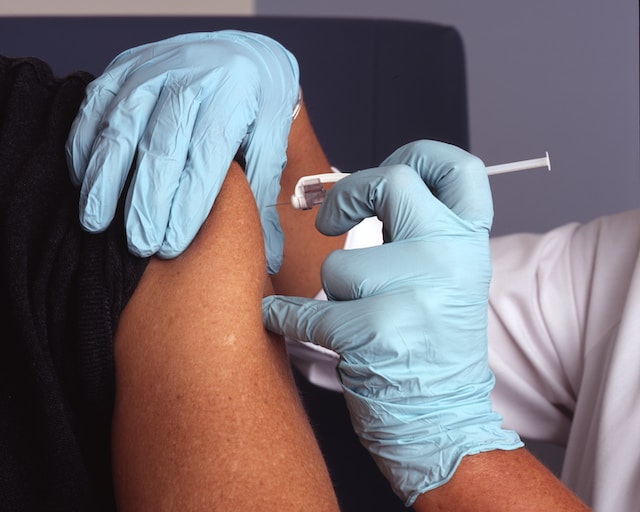In a significant stride towards combating the deadly swine fever, Vietnam is on the verge of approving the world’s first vaccine for this highly contagious disease. The potential approval of this groundbreaking vaccine marks a turning point in swine health and holds immense promise for controlling the devastating effects of swine fever globally. In this article, we delve into the details of this remarkable development and explore the implications it carries for the swine industry worldwide.
Understanding Swine Fever
Swine fever, also known as African swine fever (ASF), is a viral disease that affects domestic and wild pigs alike. With a mortality rate as high as 100%, this contagious disease poses a significant threat to the global swine population. The virus is highly resilient and can survive for extended periods in pork products, contaminated feed, and even insects. Once introduced into a pig population, it spreads rapidly, leading to severe economic losses and significant disruptions in the pork industry.
The World’s First Swine Fever Vaccine
Vietnam, a country heavily reliant on the swine industry, has been at the forefront of developing a solution to combat swine fever. Scientists and researchers in Vietnam have been tirelessly working on the development of an effective vaccine for several years. Now, their efforts are finally bearing fruit as the world’s first vaccine against swine fever nears approval.
Significance and Potential Impact
The potential approval of the swine fever vaccine in Vietnam has far-reaching implications for the global swine industry. Here’s how this breakthrough can revolutionize disease control and safeguard swine health:
- Preventing Disease Outbreaks: The availability of a swine fever vaccine will help prevent and control disease outbreaks by immunizing pigs against the virus. Vaccination programs can significantly reduce the spread of swine fever, saving countless swine lives and mitigating economic losses for farmers.
- Economic Stability: Swine fever outbreaks have had devastating economic consequences, leading to the culling of millions of pigs and impacting the pork industry’s stability. The introduction of a vaccine will provide much-needed stability to the industry, ensuring a reliable supply of pork products and safeguarding the livelihoods of those dependent on swine farming.
- Global Disease Control: Swine fever is a global concern, with outbreaks reported in various countries across different continents. The availability of an effective vaccine will enhance disease control efforts worldwide, reducing the risk of the virus spreading across borders and safeguarding pig populations in affected regions.
- Enhanced Biosecurity Measures: The development of a vaccine against swine fever reinforces the importance of implementing robust biosecurity measures in swine farms. Vaccination, coupled with stringent biosecurity protocols, can create a comprehensive defense system against the virus, minimizing the likelihood of disease introduction and transmission.
Conclusion
The imminent approval of the world’s first swine fever vaccine in Vietnam marks a significant milestone in the ongoing battle against this devastating disease. By providing an effective tool for disease prevention and control, this breakthrough has the potential to transform the swine industry’s landscape globally. As we await the official approval and subsequent deployment of the vaccine, it is important to recognize the tireless efforts of scientists, researchers, and stakeholders involved in this crucial development. With continued advancements in disease control and biosecurity measures, the swine industry can look forward to a more resilient and sustainable future.












